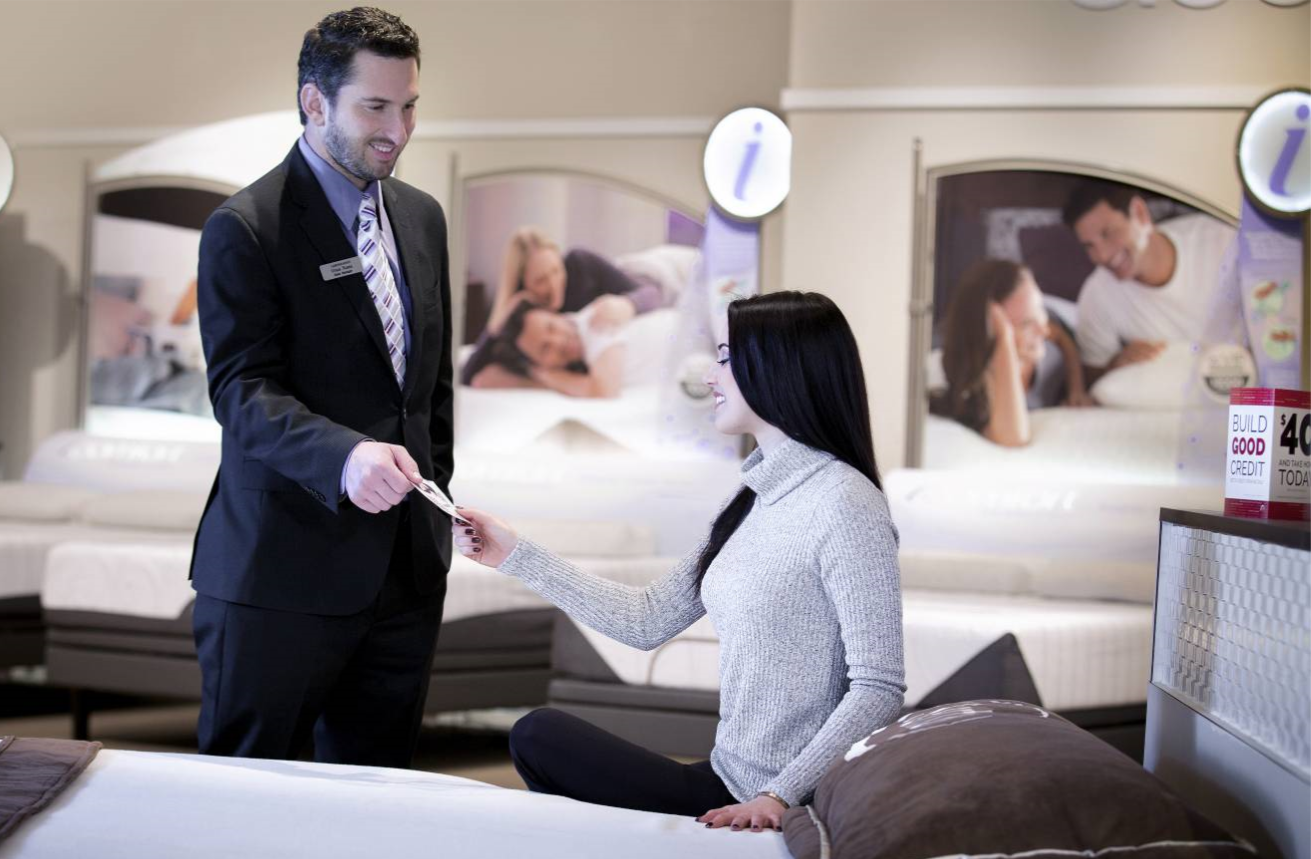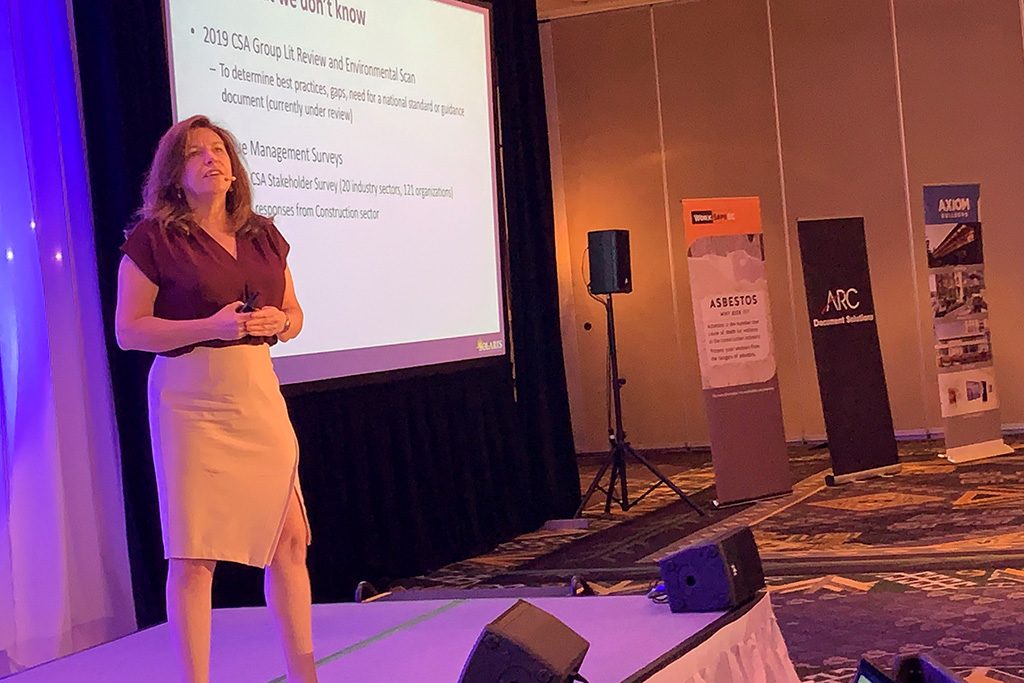

(August 31, 2020) Sleep & Covid-19: Sleep and immune function, chronotypes, and hygiene tips.(October 28, 2019) AMA #2: short sleep mutants, optimal sleep environment, & sleep apnea.(June 17, 2019) AMA #1: Strategies for sleeping more and sleeping better.(April 15, 2019) Part III of III: The penetrating effects of poor sleep from metabolism to genetics.(April 8, 2019) Part II of III: Heart disease, cancer, sexual function, and sleep disruption.(April 1, 2019) Part I of III: Dangers of poor sleep, Alzheimer’s risk, mental health, and memory.This will help reduce anxiety related to your bed, which can further disrupt your sleep.Check out more content with sleep expert, Matthew Walker, Ph.D.:

Read a book, listen to music or knit and wait until you feel a tiredness level of eight out of 10 before you attempt sleeping again. If you find that you have laid in bed for over 30 minutes without being able to fall asleep, get out of bed and do something relaxing and calming.
#SLEEP EXPERT BOOK FREE#
Important takeaways include establishing a bedtime routine (about 30 minutes to an hour) to wind down prior to getting into bed, setting a timeframe for going to bed and waking up, being as consistent as possible on both weekdays and weekends, and making sure the bedroom is relaxing and free of distractions and disruptions to your sleep, such as watching television, looking at devices, working and eating in bed. “Make sure you use the principles of an evidence-based behavioral treatment for sleep issues, such as cognitive behavioral therapy for insomnia and other sleep issues. When failing to sleep or finding consistency in sleep presents a challenge, Judy Ho, PH.D., a clinical and forensic neuropsychologist and associate professor at Pepperdine University, recommends turning to behavioral therapy. There is help out there! If you have problems with sleep, ask your doctor for advice.” The components of behavioral modification, such as cognitive behavioral therapy for insomnia (CBT-i) and sleep hygiene, improve sleep in the long term more than any supplement or medication. Chronic use of any pharmacological sleeping aid can be unhealthy, and it’s not the sole solution to improve sleep disruptions.

“It’s not normal at any age to feel constantly unrested, excessively sleepy or persistently fatigued. “There are more than 80 described sleep disorders other than obstructive sleep apnea that can affect your health and quality of sleep,” he adds. Early management of issues with sleep will significantly help to prevent a variety of future health problems,” says Rafael Sepulveda Acosta, M.D., a board-certified physician who specializes in adult and pediatric sleep medicine in Northern California. “Just like having a yearly physical exam by your doctor, good sleep hygiene is essential to your overall health. While we work hard to provide accurate and up-to-date information that we think you will find relevant, Forbes Health does not and cannot guarantee that any information provided is complete and makes no representations or warranties in connection thereto, nor to the accuracy or applicability thereof. The compensation we receive from advertisers does not influence the recommendations or advice our editorial team provides in our articles or otherwise impact any of the editorial content on Forbes Health. Second, we also include links to advertisers’ offers in some of our articles these “affiliate links” may generate income for our site when you click on them. This site does not include all companies or products available within the market. The compensation we receive for those placements affects how and where advertisers’ offers appear on the site. First, we provide paid placements to advertisers to present their offers. This compensation comes from two main sources.
#SLEEP EXPERT BOOK FOR FREE#
To help support our reporting work, and to continue our ability to provide this content for free to our readers, we receive compensation from the companies that advertise on the Forbes Health site. The Forbes Health editorial team is independent and objective.


 0 kommentar(er)
0 kommentar(er)
